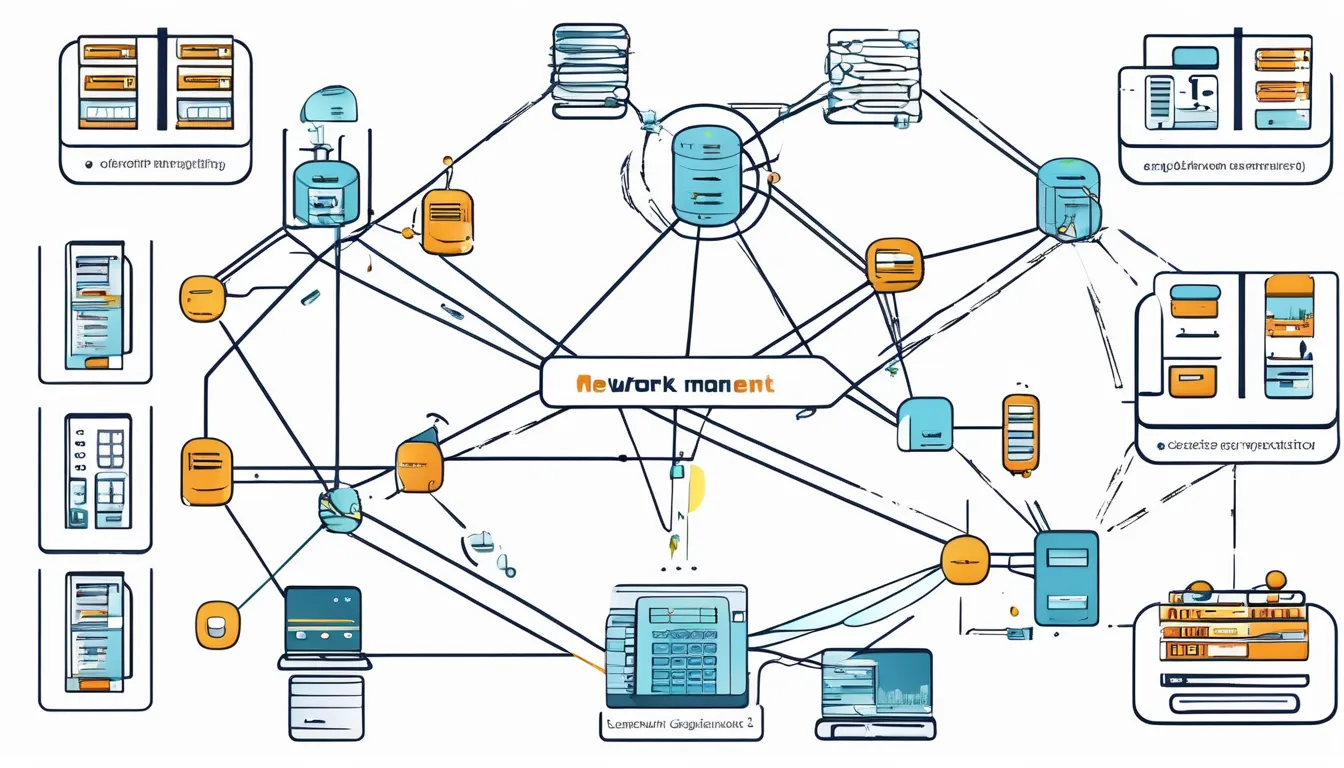
You’re likely no stranger to the concept of information overload in today’s digital age. With the constant influx of data from various sources, organizations face a daunting task of making sense of it all. However, what if you could transform this overwhelming volume of complex data into actionable intelligence? Big Data Analytics offers a solution, examining large data sets to uncover hidden patterns and insights. But to truly harness its power, you need to understand what Big Data Analytics entails, its benefits, and the tools required to unlock its full potential – and that’s where your journey begins.
What Is Big Data Analytics
Big Data Analytics is a game-changer in today’s data-driven world. You’re constantly generating data – every time you interact with a device, make a purchase, or engage with a service. This data can be structured, semi-structured, or unstructured, coming in various forms like numbers, text, images, and videos.
As the volume, velocity, and variety of data increase, traditional data processing methods become inadequate. That’s where Big Data Analytics comes in.
It’s the process of examining large and complex data sets to uncover hidden patterns, correlations, and insights. You can use various tools and techniques to analyze this data, such as data mining, predictive analytics, and data visualization.
Big Data Analytics involves collecting, storing, and processing data from various sources.
You’ll need to integrate data from different systems, applications, and devices to get a comprehensive view of your data. This requires a robust infrastructure that can handle the scale and complexity of big data.
Benefits of Big Data Analytics
By harnessing the power of Big Data Analytics, you can unlock a wealth of benefits that transform your business. With the ability to process vast amounts of data in real-time, you’ll gain the insights you need to make informed decisions. Here’s how Big Data Analytics can benefit your business:
| Benefits | Description | Impact |
|---|---|---|
| Improved Decision-Making | Base decisions on data-driven insights, not intuition or guesswork. | Reduced risk, increased accuracy |
| Enhanced Customer Experience | Analyze customer behavior and preferences to deliver personalized experiences. | Increased loyalty, retention, and revenue |
| Increased Efficiency | Automate processes, streamline operations, and eliminate waste. | Reduced costs, improved productivity |
| Competitive Advantage | Stay ahead of the competition by identifying trends and opportunities. | Improved market position, increased revenue |
Big Data Analytics Tools
To effectively harness the power of Big Data Analytics, you need the right tools to process, analyze, and interpret the vast amounts of data at your disposal. There are numerous Big Data Analytics tools available, ranging from open-source to commercial options.
Hadoop and Spark are popular open-source tools that enable distributed data processing and analytics. They’re widely used in industries for their scalability and flexibility. On the commercial side, tools like Tableau and Power BI offer advanced data visualization capabilities, making it easier netwerkbeheer you to gain insights from your data.
Other notable tools include NoSQL databases like MongoDB and Cassandra, which provide flexible data storage and retrieval options. Additionally, cloud-based platforms like AWS and Google Cloud offer a suite of Big Data Analytics services that can be easily integrated into your workflow.
These tools help you streamline your data processing, analysis, and visualization tasks, allowing you to focus on making data-driven decisions. By choosing the right tools, you can unlock the full potential of your data and drive business growth. With the right tools in place, you’ll be better equipped to navigate the complexities of Big Data Analytics.
Overcoming Data Management Challenges
Overcoming Data Management Challenges
Several data management challenges can hinder your ability to effectively analyze and gain insights from the vast amounts of data you’ve collected.
As you navigate the complexities of big data analytics, it’s essential to address these challenges head-on to ensure that your data management strategy is robust and scalable.
To overcome data management challenges, consider the following strategies:
- Data Integration: Integrate data from various sources and formats to create a unified view of your data. This involves developing a data integration framework that can handle different data types, including structured, semi-structured, and unstructured data.
- Data Quality: Ensure that your data is accurate, complete, and consistent by implementing data quality checks and validation rules. This involves developing a data quality framework that can detect errors and inconsistencies in real-time.
- Data Governance: Establish a data governance framework that defines roles, responsibilities, and policies for data management. This involves developing a data governance model that can ensure data security, compliance, and integrity.
Real-World Applications of Analytics
In the world of big data analytics, you’re not just collecting data – you’re collecting opportunities. The real-world applications of analytics are vast and diverse, and they can help you drive business success in countless ways.
You can use big data analytics to optimize your supply chain, predicting demand and adjusting production accordingly.
In the healthcare sector, analytics can help you identify high-risk patients and develop targeted treatment plans. In finance, analytics can detect suspicious transactions and prevent financial crimes.
Retailers can use analytics to personalize customer experiences, offering tailored recommendations and improving customer loyalty.
Governments can use analytics to optimize public services, predicting traffic patterns and optimizing emergency response times.
You can also use analytics to monitor social media conversations, tracking brand sentiment and responding to customer concerns in real-time.
Conclusion
You’ve learned how big data analytics helps organizations make sense of information overload. By leveraging advanced tools and techniques, you can uncover hidden patterns, correlations, and insights, and make data-driven decisions. With its numerous benefits, big data analytics is a game-changer in various industries. As you put it into practice, you’ll enhance customer experiences, gain a competitive edge, and drive growth and innovation. Your organization will transform information overload into actionable intelligence.

